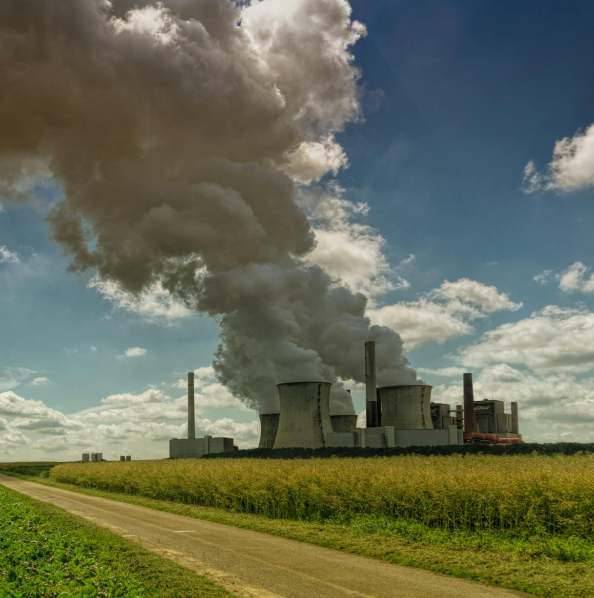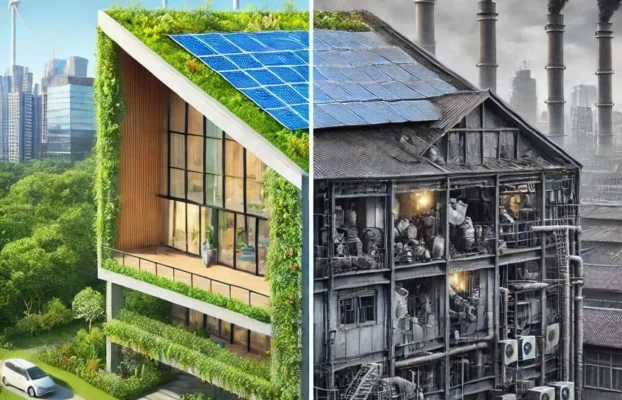Adaptation Planning:
Preparing for the Future in a Changing
Climatic Landscape
Proactively adapt to climate challenges with strategic, data-driven solutions.
What is
Adaptation Planning?
- Adaptation Planning helps businesses get ready for challenges posed by climate change. It’s like setting up a GPS navigation that helps businesses spot problems early, take safer routes, and keep moving forward without big delays.
- Climate change demands organizational adaptation to manage extreme weather, rising temperatures, and shifting seasons.
- Effective adaptation planning enables businesses to identify vulnerabilities, enhance resilience, and implement solutions that minimize disruptions.
- This proactive approach not only safeguards infrastructure and operations but also creates opportunities for innovation, cost savings, and long-term sustainability, helping businesses thrive in an increasingly unpredictable climate.

Impact
Assessment
- Evaluate climate risks to your business.
- Identify vulnerabilities in operations, infrastructure, and supply chains.
Risk and
Opportunity
- Address threats and uncover sustainable growth opportunities.
- Strategic insights for resilience and innovation.
Planning and
Implementation
- Develop and execute actionable strategies.
- Tailored solutions for long-term sustainability.

Why Adaptation is Crucial for Your Business?
Adaptation matters because climate change poses significant risks to businesses, affecting everything from operations and supply chains to infrastructure and employee safety.
As extreme weather events, rising temperatures, and unpredictable climate patterns become more common, businesses without adaptation strategies are at a higher risk of disruptions, financial losses, and reputational damage.
By adopting effective adaptation measures, companies can minimize these risks, protect critical assets, and ensure business continuity.
Discover the concepts driving the future of business.
Your source for insights, ideas, and breakthrough thinking
Advancing Supply Chain Sustainability: Insights from MIT’s Latest Reports and Switch’s Commitment
October 24, 2025Global Developments in Sustainable Supply Chains We have been closely monitoring global developments in sustainable supply chains, recognizing their pivotal role in achieving broader environmental and economic resilience. The Massachusetts Institute of Technology (MIT) has once again delivered invaluable insights...
Green Building: Building a Greener Tomorrow
June 20, 2025Imagine a world where your home doesn’t just shelter you, it protects the planet too. That’s the promise of green building. But what exactly is it? And why should you care? Whether you’re a homeowner, a business owner, or just someone...
The Ethics of Carbon Trading: Ensuring Transparency in the Marketplace
May 21, 2025Executive Summary Carbon markets, particularly voluntary ones, have rapidly evolved into key instruments in the global climate response. With their value ranging between $1.7 and $4 billion in 2024 and projections reaching tens of billions in the next decade, carbon...
Beyond Greenwashing: How Businesses Can Build Genuine Sustainability Strategies
May 21, 2025Introduction: The End of the Sustainability Charade We are at a turning point in business history. The market no longer rewards sustainability as a label. It demands it as a lived truth. Yet, in boardrooms across the world, sustainability too...
Supply Chain Transparency: Why It’s the Key to Sustainable Business Practices
May 21, 2025Introduction In an era dominated by climate crises, resource depletion, and ethical scrutiny, corporations can no longer limit sustainability efforts to their immediate operations. A staggering 90% of a company’s environmental footprint originates in the supply chain, encompassing carbon emissions,...




